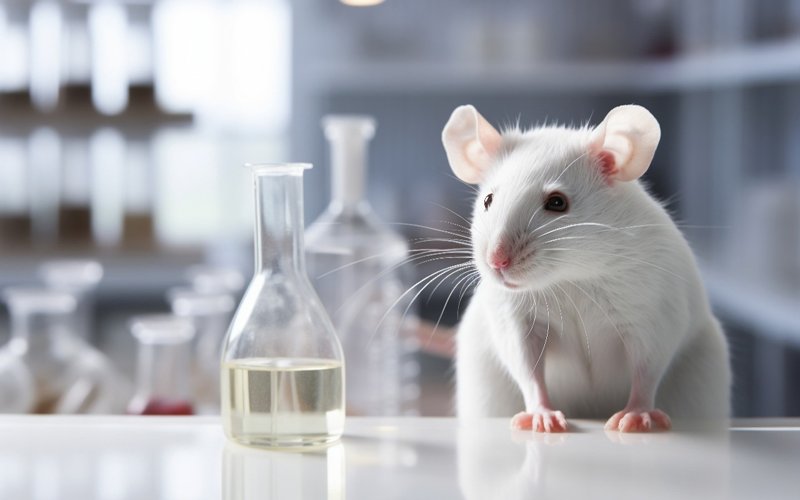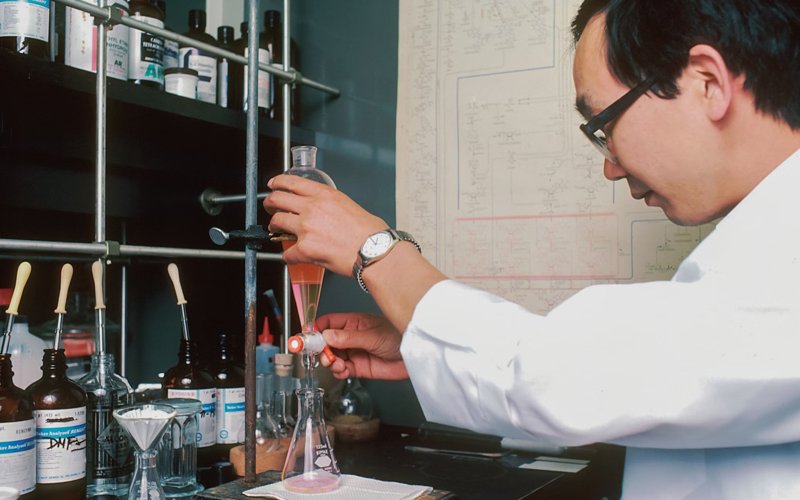Chinese scientists make breakthrough in depression treatment
In a revolutionary step for neuroscience, Chinese scientists have successfully transformed human stem cells into specialized brain cells capable of producing dopamine and transplanted them into mice, significantly reducing depressive behavior, reports a Kazinform News Agency correspondent.

The landmark research, published in the peer-reviewed journal Cell Stem Cell, was conducted by scientists from the Chinese Academy of Sciences at Fudan University in collaboration with UniXell Biotechnology. The team sought to address the root cause of depression by repairing brain regions that regulate mood and reward.
Dopamine, a neurotransmitter, plays a central role in motivation, pleasure, and movement. Patients with depression, particularly those resistant to treatment, often exhibit diminished dopamine activity. A key symptom is anhedonia—the inability to experience joy from once-pleasurable activities.
The researchers focused on A10 dopamine-producing neurons, which are closely linked to reward-based behavior. Dysfunction in this system has been associated not only with depression but also with schizophrenia and drug addiction.
By exposing human stem cells to a carefully designed chemical combination at a precise developmental stage, the scientists succeeded in creating A10-like neurons. The engineered cells mirrored natural A10 neurons in structure, molecular markers, and electrical activity.
When transplanted into mice displaying depression-like symptoms caused by chronic stress, the new neurons produced striking results. The animals exhibited fewer signs of anxiety and despair, while also regaining the ability to feel pleasure—an indication of relief from anhedonia.

Importantly, the transplanted neurons integrated effectively into the animals’ brains, receiving signals from surrounding cells and repairing disrupted dopamine pathways. “This study provides proof-of-concept evidence supporting the use of cell therapy to treat mental disorders by targeted reconstruction of dysfunctional neural circuits,” the researchers stated.
A step toward personalized mental health therapy
The discovery is considered a potential breakthrough in the development of new treatments for major depressive disorder, one of the world’s leading causes of disability, affecting hundreds of millions of people.
Current antidepressants broadly alter brain chemistry and often cause unwanted side effects. The Chinese researchers believe their targeted approach—rebuilding faulty neural circuits—offers a significant advantage. As they explained, “The specificity of neuronal cell therapy can provide a significant advantage compared to other pharmaceutical drugs, as it causes fewer side effects.”

The transplantation not only reduced behavioral despair but also alleviated helplessness in mice. For example, in standard laboratory tests of stress resilience, animals that had previously given up on escaping challenging situations displayed renewed effort and mobility after receiving the engineered cells.
The study also demonstrated that the transplanted neurons could effectively integrate into neural networks and reestablish dopamine pathways essential for mood regulation. “This study strongly supports the concept of A10 neuron-based therapy in the clinical treatment of major depression and expands the possibilities for cell therapy in mental disorders,” the scientists noted.
The researchers emphasize that while the therapy remains at the animal testing stage, it marks an advanced step toward a new era of personalized treatment in psychiatry. The approach could, in the future, provide alternatives not only for depression but also for other neuropsychiatric conditions linked to dopamine dysfunction.
Experts highlight the importance of this development as it demonstrates the feasibility of using human stem cells to generate precise neuron types previously considered difficult to produce. According to the research team, effective production of A10 neurons had been “elusive” until now.
Although more studies and clinical trials will be required before human application becomes possible, the breakthrough offers hope. As summarized by the scientists, “This study provides strong support for cell-based therapies as a powerful tool in the treatment of depression, with the potential to transform approaches to mental health worldwide.”
Earlier, it was reported that a team of scientists had identified potential keys to human eye regeneration by studying the apple snail Pomacea canaliculata, a species that inhabits rice paddies and is capable of regrowing damaged or lost eyes within a month.
